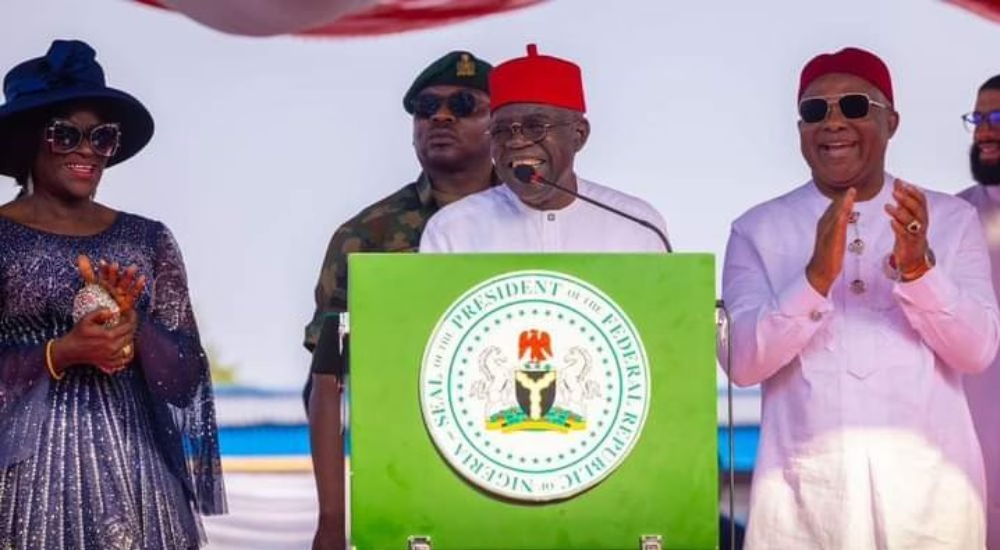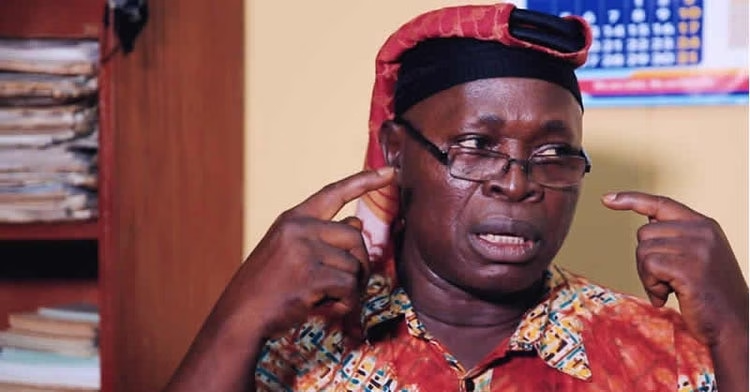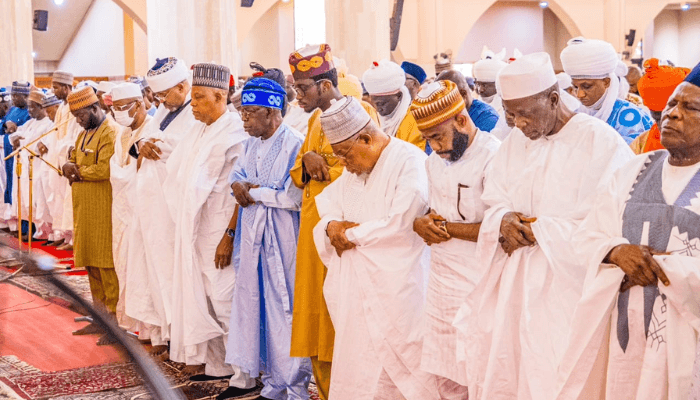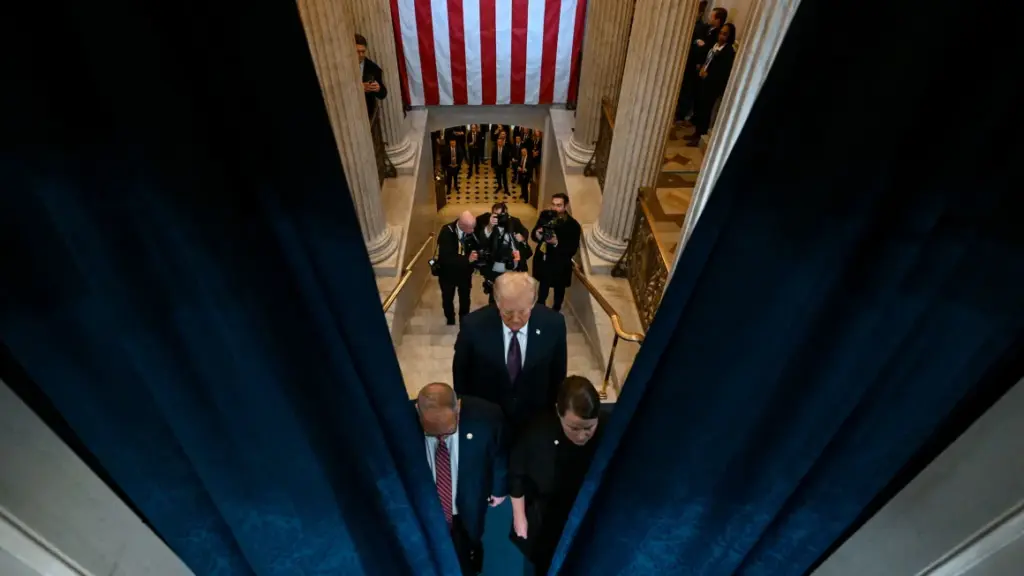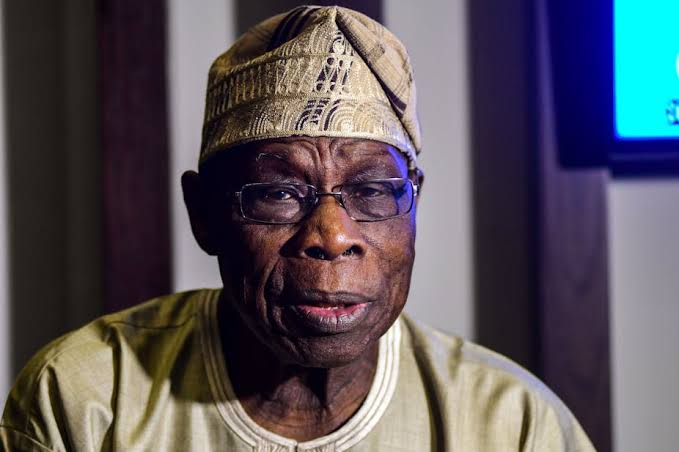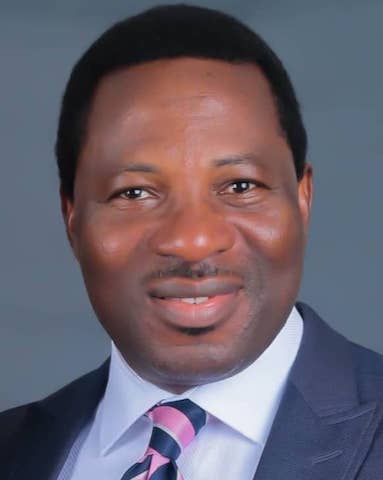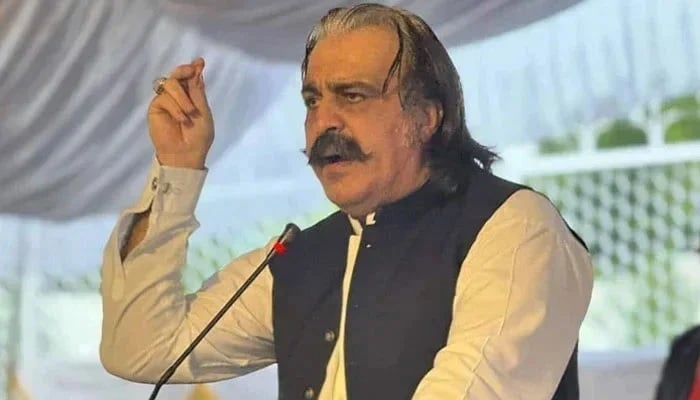Sri Lanka’s new leader says no magic solution to crisis
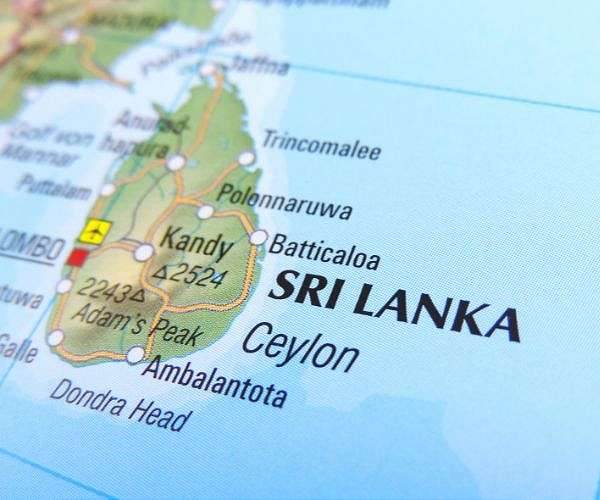
Politics tamfitronics

Sri Lanka’s new leader says no magic solution to crisis
By Amal Jayasinghe
Colombo (AFP) Sept 23, 2024
Sri Lanka’s first leftist president was sworn in to office Monday vowing to restore public faith in politics but said he had no magic solution to the hardships suffered following an unprecedented economic crisis.
Self-avowed Marxist Anura Kumara Dissanayaka of the People’s Liberation Front (JVP) took his oath at the colonial-era Presidential Secretariat in Colombo after trouncing his nearest rivals in Saturday’s vote.
The previously fringe politician, whose party led two failed uprisings in the island nation that left tens of thousands dead, saw a surge of support after the 2022 economic meltdown immiserated millions of ordinary Sri Lankans.
Dissanayaka, the bearded 55-year-old son of a labourer, was sworn in by chief justice Jayantha Jayasuriya in a nationally televised ceremony attended by diplomats, lawmakers, Buddhist and other clergy and the military.
“I am not a conjuror, I am not a magician, I am a common citizen,” he said after taking his oath.
“I have strengths and limitations, things I know and things I don’t… my responsibility is to be part of a collective effort to end this crisis.”
A small crowd of JVP supporters gathered outside the secretariat to celebrate, waving pictures of Dissanayaka and the national flag.
Dissanayaka succeeds outgoing president Ranil Wickremesinghe, who took office at the peak of the financial crisis following the government’s first foreign debt default and months of punishing food, fuel and medicine shortages.
Wickremesinghe, 75, imposed steep tax hikes and other austerity measures under the terms of an International Monetary Fund (IMF) bailout.
His policies ended the shortages and returned the economy to growth but left millions struggling to make ends meet.
Prime Minister Dinesh Gunawardena resigned shortly before the ceremony, clearing the way for Dissanayaka to appoint his own cabinet.
Dissanayaka’s party has said he wants to have an interim administration until a fresh parliament is elected. The JVP has only three lawmakers in the 225-member legislature.
He has softened some policies since his rise to popularity, saying he believes in an open economy and is not totally opposed to privatisation.
He has vowed to press ahead with the IMF rescue package negotiated by his predecessor last year but modify its terms in order to deliver tax cuts.
– ‘Work with other nations’ –
Addressing concerns about the JVP’s historical anti-West and anti-India stance, Dissanayaka said he wanted international support to rebuild the economy.
“We are not a nation that should be isolated,” he said, as Colombo-based diplomats watched from the balcony of the presidential office.
“Regardless of the power divisions in the world, we intend to work with other nations to benefit our country.”
India and China — Sri Lanka’s biggest neighbour and largest bilateral creditor respectively — are competing for influence in the island nation, strategically situated on global east-west sea routes.
Indian Prime Minister Narendra Modi said he looked forward to working closely with Dissanayaka to “strengthen our multifaceted cooperation for the benefit of our people and the entire region”.
Chinese President Xi Jinping said he hoped to work with the new president “to continue our traditional friendship (and) enhance mutual political trust”.
– Legacy of violence –
Dissanayaka’s party led two rebellions in the 1970s and 1980s that left more than 80,000 people dead before renouncing violence.
It had been a peripheral player in Sri Lankan politics in the decades since, winning less than four percent of the vote during the most recent parliamentary elections in 2020.
But Sri Lanka’s crisis proved an opportunity for Dissanayaka, who saw his popularity rise after pledging to change the island’s “corrupt” political culture.
Dissanayaka was a JVP student leader during the second insurrection and has described how one of his teachers sheltered him to save him from government-backed death squads that killed party activists.
He counts famous Marxist revolutionary Che Guevara among his heroes.
Dissanayaka becomes the country’s first president to get less than 50 percent of the popular vote. He was elected with just over 42 percent, the lowest since presidential elections began in 1988.
“I am fully aware of the composition and size of the mandate I received,” he said. “It is my responsibility to earn the support and confidence of those who did not vote for me or place their trust in me.”
Related Links
Democracy in the 21st century at TerraDaily.com
The content herein, unless otherwise known to be public domain, are Copyright 1995-2024 – Space Media Network. All websites are published in Australia and are solely subject to Australian law and governed by Fair Use principals for news reporting and research purposes. AFP, UPI and IANS news wire stories are copyright Agence France-Presse, United Press International and Indo-Asia News Service. ESA news reports are copyright European Space Agency. All NASA sourced material is public domain. Additional copyrights may apply in whole or part to other bona fide parties. All articles labeled “by Staff Writers” include reports supplied to Space Media Network by industry news wires, PR agencies, corporate press officers and the like. Such articles are individually curated and edited by Space Media Network staff on the basis of the report’s information value to our industry and professional readership. Advertising does not imply endorsement, agreement or approval of any opinions, statements or information provided by Space Media Network on any Web page published or hosted by Space Media Network. General Data Protection Regulation (GDPR) Statement Our advertisers use various cookies and the like to deliver the best ad banner available at one time. All network advertising suppliers have GDPR policies (Legitimate Interest) that conform with EU regulations for data collection. By using our websites you consent to cookie based advertising. If you do not agree with this then you must stop using the websites from May 25, 2018. Privacy Statement. Additional information can be found here at About Us.
Discover more from Tamfis Nigeria Lmited
Subscribe to get the latest posts sent to your email.



 Hot Deals
Hot Deals Shopfinish
Shopfinish Shop
Shop Appliances
Appliances Babies & Kids
Babies & Kids Best Selling
Best Selling Books
Books Consumer Electronics
Consumer Electronics Furniture
Furniture Home & Kitchen
Home & Kitchen Jewelry
Jewelry Luxury & Beauty
Luxury & Beauty Shoes
Shoes Training & Certifications
Training & Certifications Wears & Clothings
Wears & Clothings





